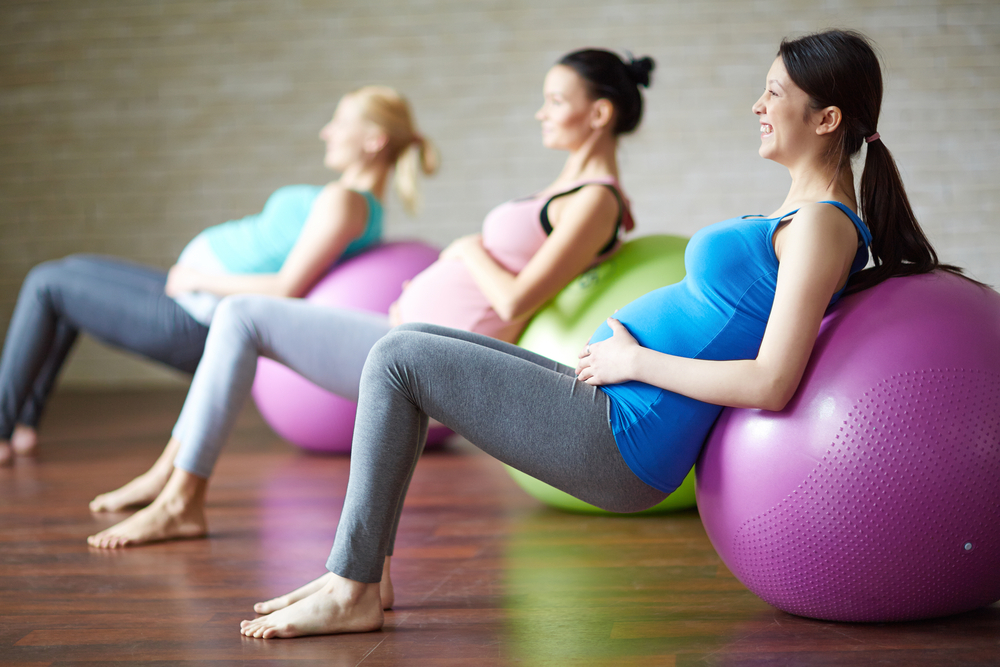Pregnancy Exercise and Physiotherapy – some key benefits (Part 1)
 So many soon to be mums are unsure about exercising in pregnancy and what they can do safely in pregnancy.
So many soon to be mums are unsure about exercising in pregnancy and what they can do safely in pregnancy.
Pregnancy can cause havoc on the body with extra weight that the muscles and joints have to handle, the associated hormones which have an affect on ligaments becoming more flexible and more pressure on joints due to the loss of ligament support, plus changes to our centre of gravity, just to name a few!
Exercise in pregnancy is important to keep your body strong, to help control excessive weight gain, help control gestational diabetes, improve pelvic floor strength, to prepare your body for birth, to speed up the recovery from birth. These are just some of the many benefits.
Cardio exercise in pregnancy helps to control excessive weight gain, maintain healthy heart and lungs for you and the baby, and help to control gestational diabetes. Walking and swimming are popular forms of cardio exercise when pregnant. If you are a keen runner then you may continue jogging in pregnancy as long as you feel comfortable, but you need to listen to your body, and if any discomfort in the pelvis, tummy or back then drop back to walking.
You will need to reduce your intensity of exercise to keep your heart rate at a safe level and not to increase your body temperature too much.
Core strengthening is important to help maintain good posture, relieve back pain and speed up recovery from birth. Strengthening your core also helps to reduce the impact of rectus diastasis or abdominal separation. You do need to be careful about positioning yourself with certain core exercises, and also the way you do your core exercises should be guided by your physiotherapist. Pregnancy Pilates is an effective and safe form of exercise.
Pelvic floor strengthening is really important to help maintain continence and good pelvic posture. These muscles act like a sling at the bottom of your pelvis to help support your pelvic and abdominal contents. It is important to have a strong and well functioning pelvic floor. These muscles are subject to a lot of strain and pressure with the weight of the growing baby bearing down plus the birthing process itself.
Seeking advice from our Women’s Health Specialist Physiotherapists Lucie and Kat about safe and effective exercise during and after pregnancy is recommended, not only for the benefits gained but also to avoid any detrimental or damaging effect on your body if the wrong exercises are done.
